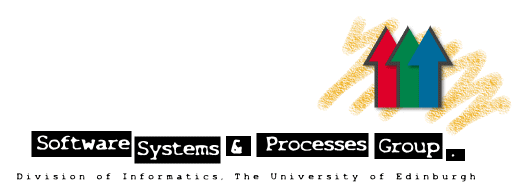

| | | | | | | | | | | | | | | | |
The principal aim of this project is to develop a new approach to the design of large scale distributed multiagent systems which brings experimental methods from the empirical sciences (in particular ecological science) into the design process. This will be done by building a laboratory framework in which controlled experiments can be performed on ecosystems formed from varieties of synthesised agent, with the behaviour of members of each variety being determined by key design decisions made during their construction. These design decisions are the variables in our experimental framework and by exploring the changes in aggregate behaviour of the ecosystem when we change these decisions we gain an experimental understanding of the relationship between these aspects of design and ecosystem behaviour under laboratory conditions. This forms a virtuous cycle in which the results of empirical experiments based on an original set of design variables allows us better to understand appropriate use of these variables; to hypothesise new design decisions; and thus to perform yet more insightful experiments.
This laboratory framework provides part of the foundation for scientific study of multiagent systems and their design but it also strengthens practice through the production of design rules and investigation of real systems. The contribution to design rules is through the insights into the effects of design choices on ecosystem behaviour, gained through our experiments and necessary in order to make design choices which respect the integrity of the ecosystem. Understanding of real systems is strengthened by using our laboratory behaviours to form hypotheses about the large-scale driving forces which might be expected in real systems and comparing these idealised results to those observed in practice - with discrepancies driving the search for new driving forces.
Visit also the project Web site at www.dai.ed.ac.uk/groups/ssp/slie
| | | | | | | | | | | | | | | | |